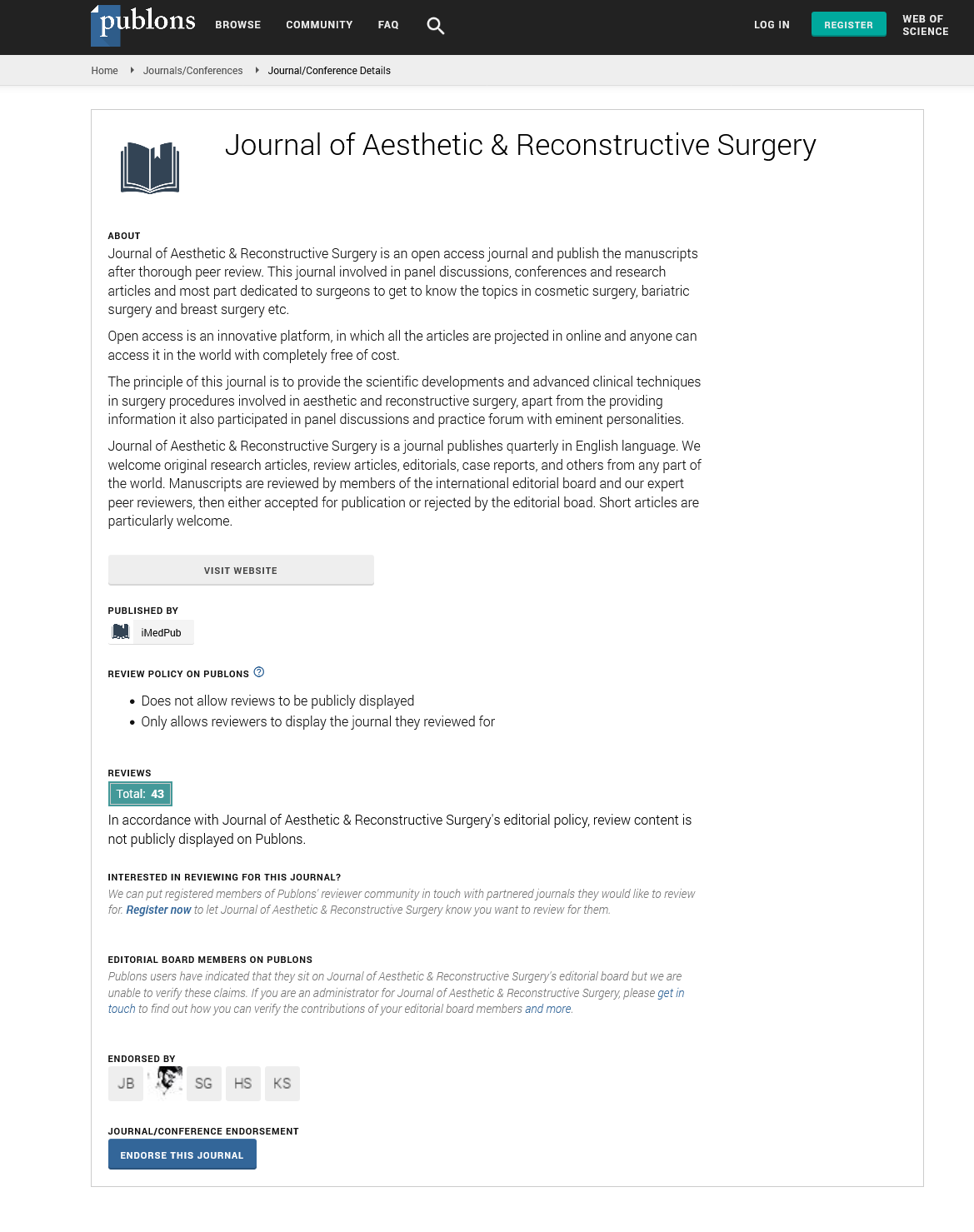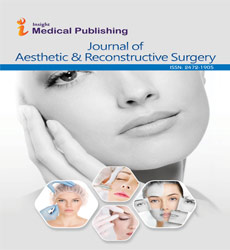Abstract
Gender Difference in the Effect between Mobile Celebrity�??s Physical Attractiveness and Consumer Risk
Purpose: In the booming era of the mobile marketing, the treatment of aesthetic doctors as app celebrities has become the mainstream; however, app celebrities are also future service provider. The physical attractiveness of aesthetic medicine app celebrities is an easily observable trait to judge of service quality. Risk is also a key factor in consumption, but this factor differs between the genders. This study examined the relationship between the physical attractiveness of aesthetic medicine app celebrities and consumer risk, as well as gender differences in the relation between the physical attractiveness of aesthetic medicine app celebrities and risk.
Design/methodology/approach: This study used the quota-sampling method. Samples were constituted from the consumers of 3 shopping malls in Taiwan. 360 questionnaires were valid, and indicated the 40.0% response rate.
Findings/results: The results of this study drawn from 360 effective questionnaires, found that the physical attractiveness of aesthetic medicine app celebrity affected negatively to perceived risk. This study found that physical attractiveness of aesthetic medicine app celebrities had stronger negative effect to consumer risk for men than for women.
Practical implications: This study found that the app celebrities’ physical attractiveness has major influences on the male consumer’s judgment. After being successfully persuaded, male consumers will be more willing to share their experience with their friends, and they can thus help promote the business.
Author(s):
Li-Ling Liu *
Abstract | Full-Text | PDF
Share this

Google scholar citation report
Citations : 130
Journal of Aesthetic & Reconstructive Surgery received 130 citations as per google scholar report
Journal of Aesthetic & Reconstructive Surgery peer review process verified at publons
Abstracted/Indexed in
- Google Scholar
- China National Knowledge Infrastructure (CNKI)
- Directory of Research Journal Indexing (DRJI)
- WorldCat
- Publons
- Geneva Foundation for Medical Education and Research
- Secret Search Engine Labs
- Euro Pub
Open Access Journals
- Aquaculture & Veterinary Science
- Chemistry & Chemical Sciences
- Clinical Sciences
- Engineering
- General Science
- Genetics & Molecular Biology
- Health Care & Nursing
- Immunology & Microbiology
- Materials Science
- Mathematics & Physics
- Medical Sciences
- Neurology & Psychiatry
- Oncology & Cancer Science
- Pharmaceutical Sciences


